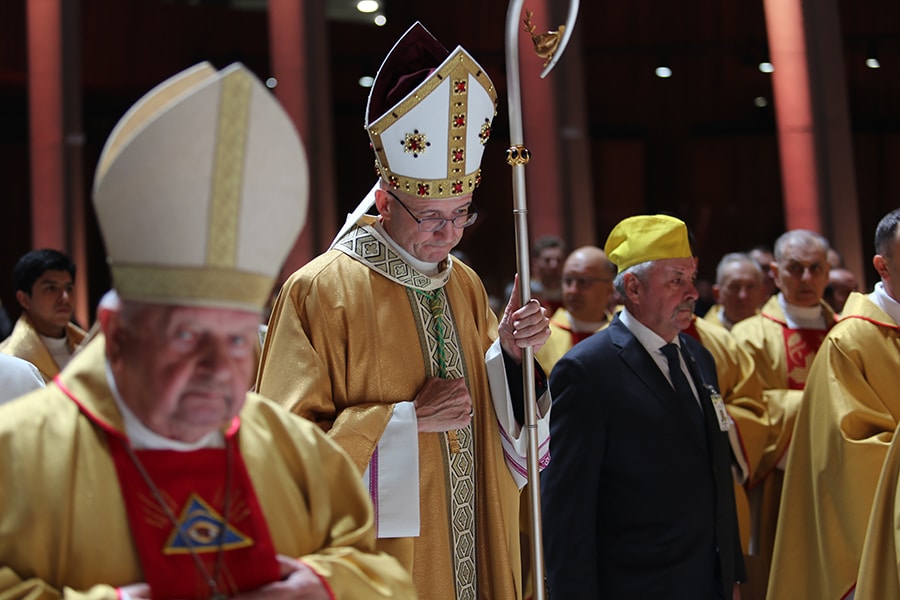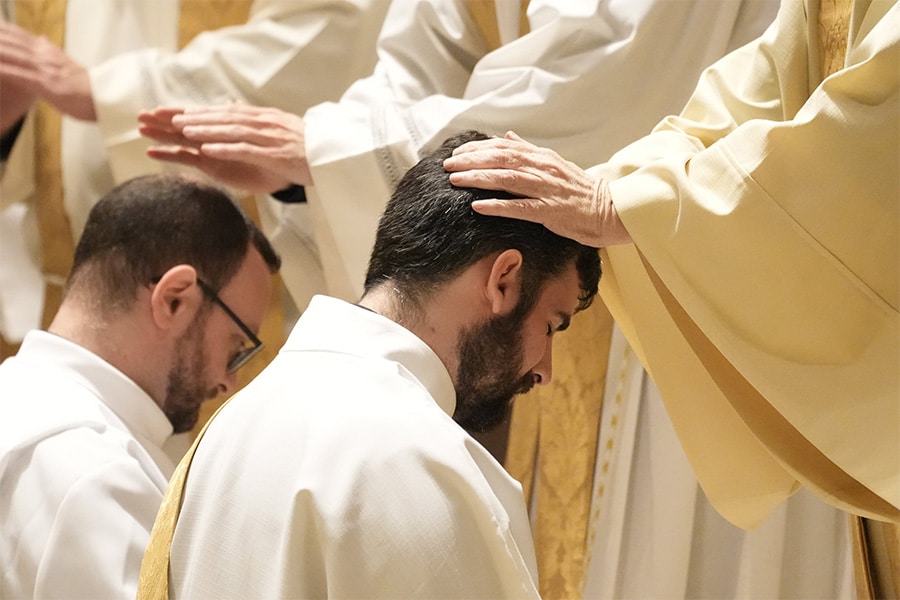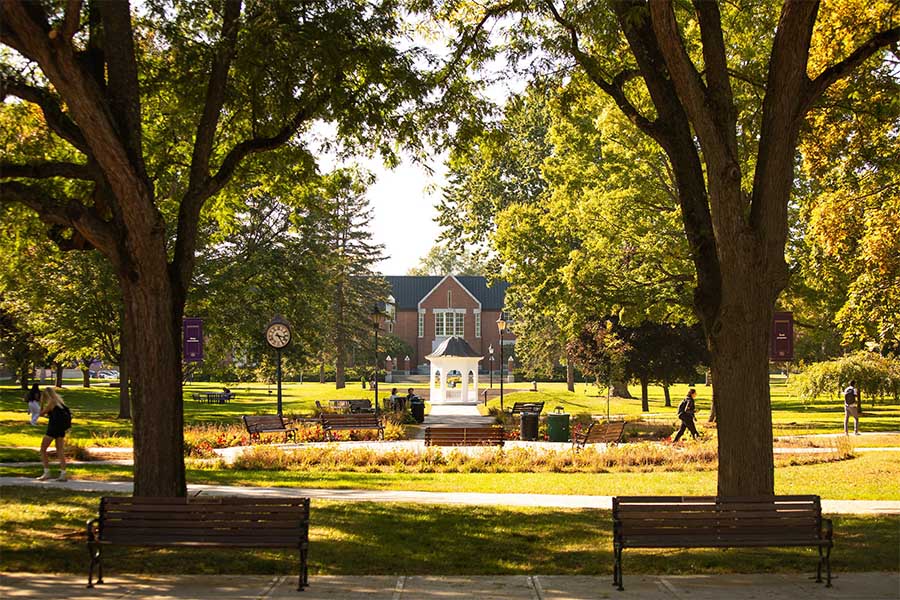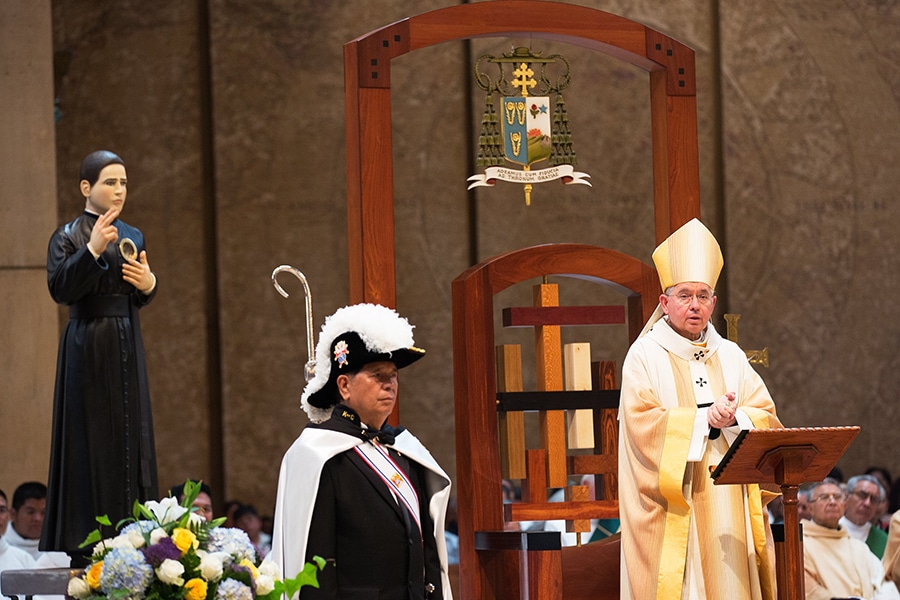WASHINGTON (CNS) — An updated version of a 2019 paper that cites the presence of religious belief as an aid in recovery, particularly from mental health and substance abuse issues, has met with both support and skepticism.
Brian Grim, founder of the Religious Freedom & Business Foundation, published the original paper, “Belief, Behavior and Belonging: How Faith is Indispensable in Preventing and Recovering from Substance Abuse,” in 2019 with his daughter, Melissa.
In it, they said, “Lifesaving medicines and psychological interventions are important parts of rescue and recovery; however, they are not enough. Religion and religious participation can address the many issues that lead people to alcohol and/or drug dependency that medical interventions alone can fail to address.”
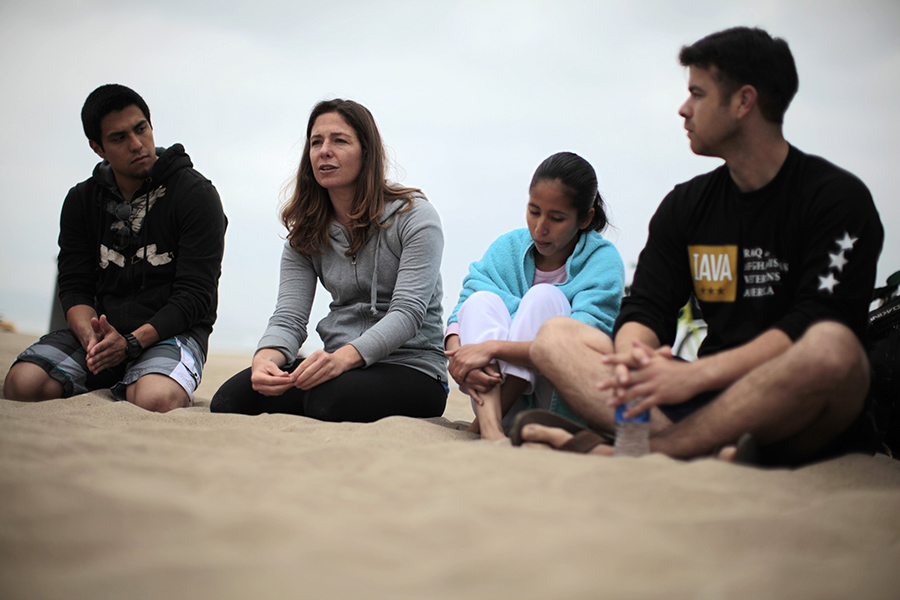
Brian Grim brought the paper into a fresher focus after the Pew Research Center issued a report Sept. 13 forecasting the religious landscape 50 years from now, suggesting that, depending on how certain trends continue, Christianity will be a plurality of America in 2070 rather than have the majority status it enjoys today.
It’s possible, Pew added, that those with no religious affiliation will outnumber Christians.
“We find that 73 percent of addiction treatment programs in the U.S.A. include a spirituality-based element, as embodied in the 12-step programs and fellowships initially popularized by Alcoholics Anonymous, the vast majority of which emphasize reliance on God or a higher power to stay sober,” Grim said in a Sept. 17 statement about the study.
“Faith, religion and spirituality are defined a little bit differently, but each of them have a positive effect on preventing people from dangerous behaviors and can help break the cycle of addiction,” Grim told Catholic News Service in a Sept. 23 phone interview from the foundation’s headquarters in Annapolis.
He called the situation “a crisis.”
Grim’s findings get a vigorous nod of assent from professor Thomas Plante, who teaches in both the psychology department at Jesuit-run Santa Clara University and also at the Stanford University School of Medicine, both in California.
“In a nutshell, the decline in religious engagement does clearly have potential negative unintended consequences for mental and physical health,” Plante said in a Sept. 23 email to CNS.
“There is plenty of research over the past several decades that demonstrates that religious engagement is helpful in a variety of ways when it comes to lower risks for a number of illnesses, both physical and mental health ones,” he added. “This includes addictions.”

Plante said, “We also know that religious affiliation provides the kind of community support that is often lacking in our culture. Finally, religious engagement offers meaning and purpose as well as various strategies for coping with stress.”
In May, Plante published “Minding the Gap: Spirituality in Clinical Practice During Increased Secularization and Mental Health Needs,” which covers some of the same ground as the Grims’ 2019 paper.
“Clinicians, who are spiritually and religiously informed, trained, and engaged, can help to bridge this gap between high stress and low religious engagement during current times,” Plante said in his paper.
“They can do so by creatively engaging clientele with secular versions of spiritual and religious tools for better health and wellness or by working with clients to find new ways to use spiritual and religious strategies that they feel comfortable with regardless of their lack of religious affiliations and interests.”
Looking more askance at the Grims’ theory was James Murphy, a psychology professor at the University of Memphis.
“Social support is one of the most critical factors in supporting recovery from addiction and other mental/behavioral health conditions and religious engagement is one way that many people constructively engage with and support others,” Murphy said in a Sept. 23 email to CNS, with the words “one way” in boldface.
However, “there is no evidence that faith is indispensable’ in preventing and recovering from substance abuse,” he added. “Although many people report that spirituality and or religious engagement contributed to their successful recovery, many people recover without any spiritual beliefs or religious engagement.”
What there is evidence of, he noted, is that “declining social connections more generally are contributing to poor mental health outcomes in the U.S., along with other critical factors like the availability of opiates, marketing alcohol to young people, and the widespread availability of guns; people who own firearms are at much greater risk for suicide.
Murphy issued another caveat.
“I do agree that religious involvement is a common and often very helpful way of connecting with others that can certainly support many people’s recovery, and that people who are religious are generally less likely to develop alcohol or drug use disorders,” he said.
“This is especially true for people from faith traditions that have norms against alcohol use, such as members of evangelical Christian, Islamic or LDS (Church of Jesus Christ of Latter-day Saints) faiths,” he said.
But Murphy stressed that he did not want to “give the impression that it (religious involvement) is necessary or that declining religious involvement is causally related to poor health outcomes.”
Read More World News
Copyright © 2022 Catholic News Service/U.S. Conference of Catholic Bishops


